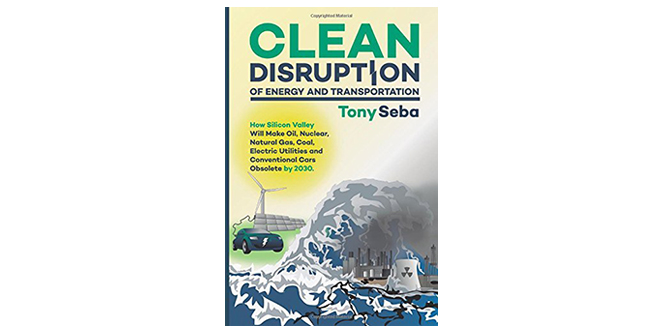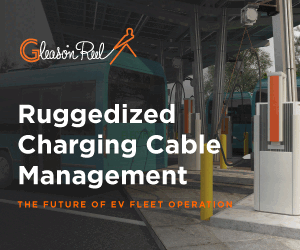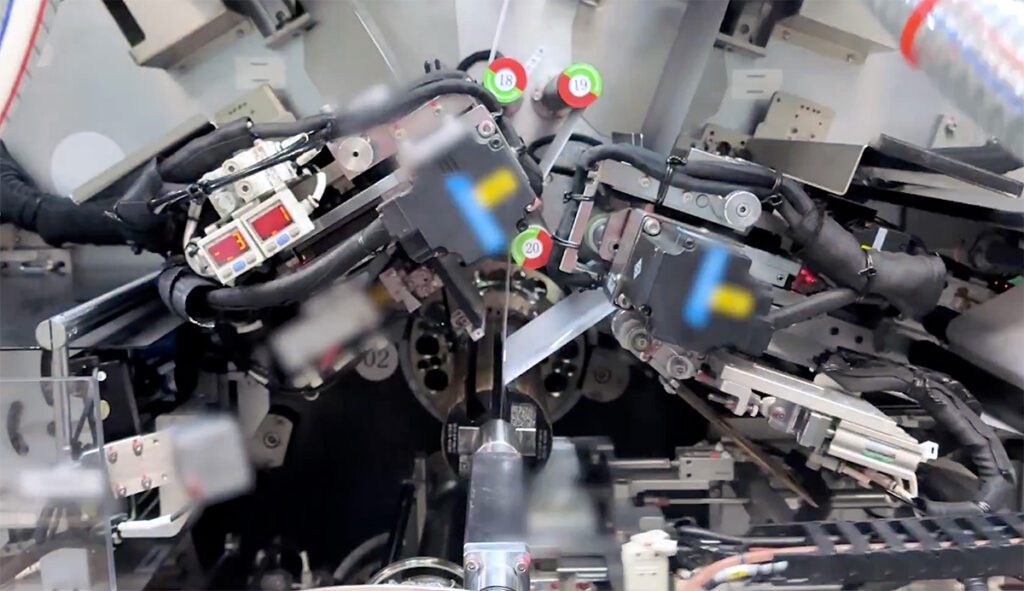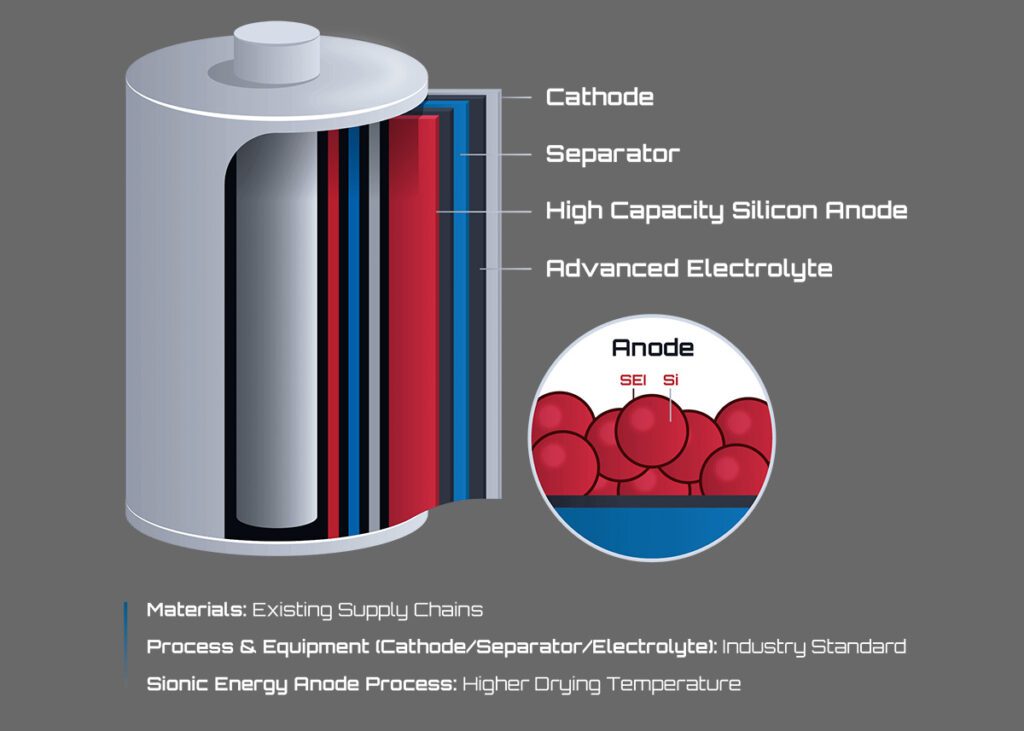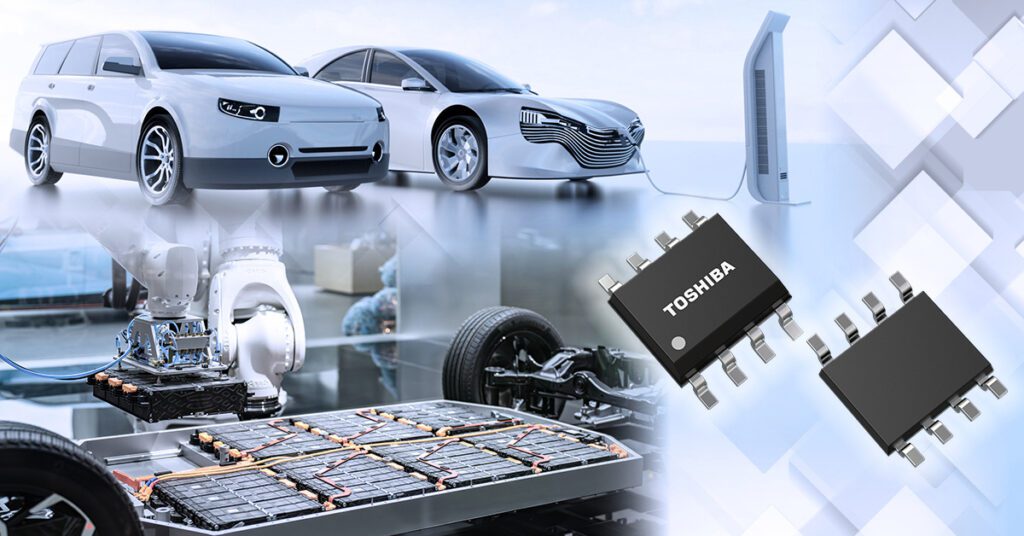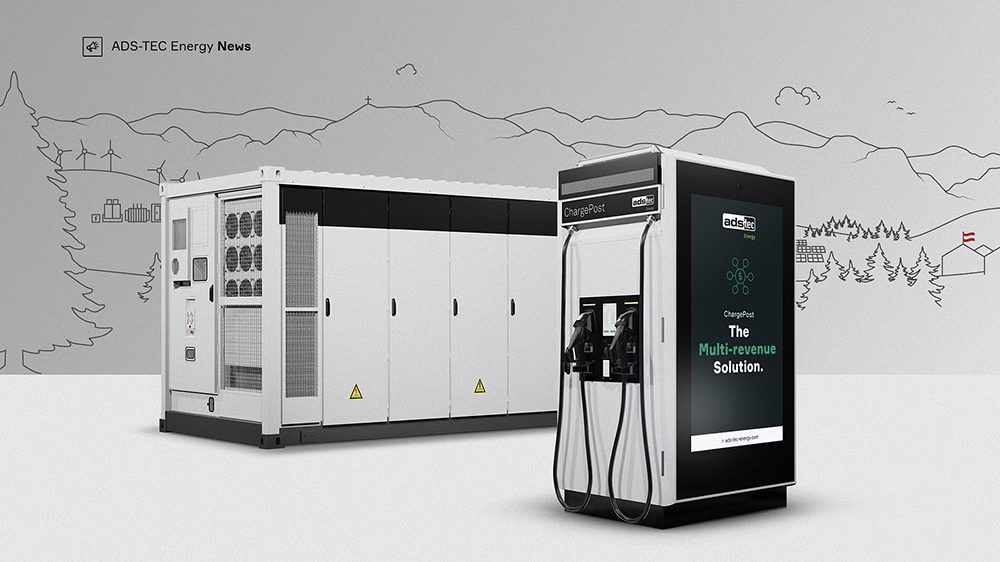Once in a while a book comes along that makes you see a familiar issue in a whole new light (call it a “paradigm shift” if you must). Such a book is Tony Seba’s Clean Disruption. Not only is it a well-researched and well-thought-out work, but it makes a gripping read, and is the most hopeful book I’ve read lately.
Over the last year or so, I’ve sensed a change in the public mood. I truly believe that most educated people now understand that our current oil-based economy can’t continue much longer. Not only has the evidence for climate change become indisputable (except for those whose livelihoods depend on the fossil fuel industries), but common sense tells us that it won’t be possible for two-and-a-half billion Chinese and Indians to move into American-style suburban ranch houses with SUVs in the garages.
However, most of us still see the issue as a problem (climate change) that governments, businesses and individuals are going to have to work together to solve – an unlikely prospect. Many imagine that “solving” this “problem” will involve major sacrifices, and some even insist that it will carry a price tag in the trillions.
Mr Seba looks at the future in a completely different way – to him, the transition to what he calls the new energy economy is inevitable, it’s already under way, and it has little to do with climate change, government regulations or politics.
Seba’s thesis is that several technological trends – renewable energy, energy storage, EVs and autonomous vehicles – are converging and reinforcing one another, which will lead to the disruption of the existing oil and electric utility industries. We’ll make the transition to clean energy not because it’s the right thing to do, or because Big Brother forces us to, but rather for the same reasons we went from sail to steam, from horses to internal combustion – because the new technology is better, and – eventually – much, much cheaper.
And get this: it will all be over by 2030. Yes, that one made me shake my head at first, but after reading about the case studies Mr Seba presents, and the parallels he draws with earlier technological shifts, I’m a hopeful believer.
It’s not hard to find real-world examples that support the disruption scenario, from Tesla’s Gigafactory to the solar panels appearing on rooftops in New Jersey (but not in Florida, where the state regulatory body is firmly in the control of large investor-owned utility companies). Sales of plug-in vehicles are growing slowly but surely, even though today’s EVs have serious drawbacks vis-à-vis legacy vehicles. What will happen when EVs approach range and cost parity with ICEs, which seems certain to occur within about five years?
Seba sees the rapidly dropping cost of renewable energy as the main driver of the disruptive wave, but the EV is also a major player in his narrative. He clearly explains the symbiotic relationship between EVs and renewables – as homeowners install solar and save on their electric bills, they’ll want to extend that savings to their gasoline bills too. He also believes that EVs are a potent disruptive force in their own right. “The internal combustion engine auto industry is the equivalent of the horse and carriage industry of a century ago. The electric vehicle will disrupt the gasoline car industry (and with it the oil industry) swiftly and permanently.”
He offers several reasons why this is so, including the EV’s efficiency, fuel cost and maintenance cost advantages, its modular design architecture and its potential to disrupt the automotive aftermarket. He goes on to cite accelerated product development times, brought to us courtesy of Tesla (which may seem dilatory to those still waiting for their Model X, but is actually moving at lightning speed by the standards of the auto industry), and to explain why the combination of solar power and EVs is 400 times more efficient in terms of land usage than today’s ICE-based energy model.
Disruption is of course a (too) familiar word in the tech world, and it’s easy to see (in hindsight) how the software-based world of the internet demolished so much of the brick-and-mortar realm so quickly. But even the most optimistic of EV boosters concede that the existing way of building cars, which involves bending large amounts of metal, and managing a vast infrastructure of suppliers, dealers, safety regulations, etc etc, is not going to be swept away overnight. You simply can’t build millions of automobiles, and the networks to sell and service them, as quickly as you can roll out a web site.
However, Seba believes that much of the disruptive innovation is happening in the realms of business models (SolarCity) and the clever use of software-based tools (the Nest thermostat). Many of the technological enablers of the new energy economy are already here (solar and wind power) or on the horizon (efficient battery storage). If it weren’t for government regulations that protect incumbent industries, the oil age would already be winding down.
And therein lies the main reason that 2030 seems so wildly optimistic. Seba eloquently describes the phenomenon of regulatory capture (by which regulated industries coopt the agencies meant to regulate them – see Florida), but he may underestimate the extent to which it can slow down progress. In the US, at least, the next two years (and possibly the next six or ten) are likely to see the federal, and many state governments, evolving from promoters of renewable energy and electromobility to protectors of the dinosaur-driven industries. I hope I’m wrong, and Tony Seba is right.
This book is loaded with facts, figures and footnotes, as well as links to fascinating further reading. Even if you’re skeptical of Seba’s thesis, or his timeline, you’ll find much food for thought here.
On the negative side, the book would benefit from better editing. Some sections, especially the ones with a lot of figures, are repetitive and not very well organized.
By Tony Seba. Available as an e-book ($7.99) and as a 291-page paperback ($17.96).







